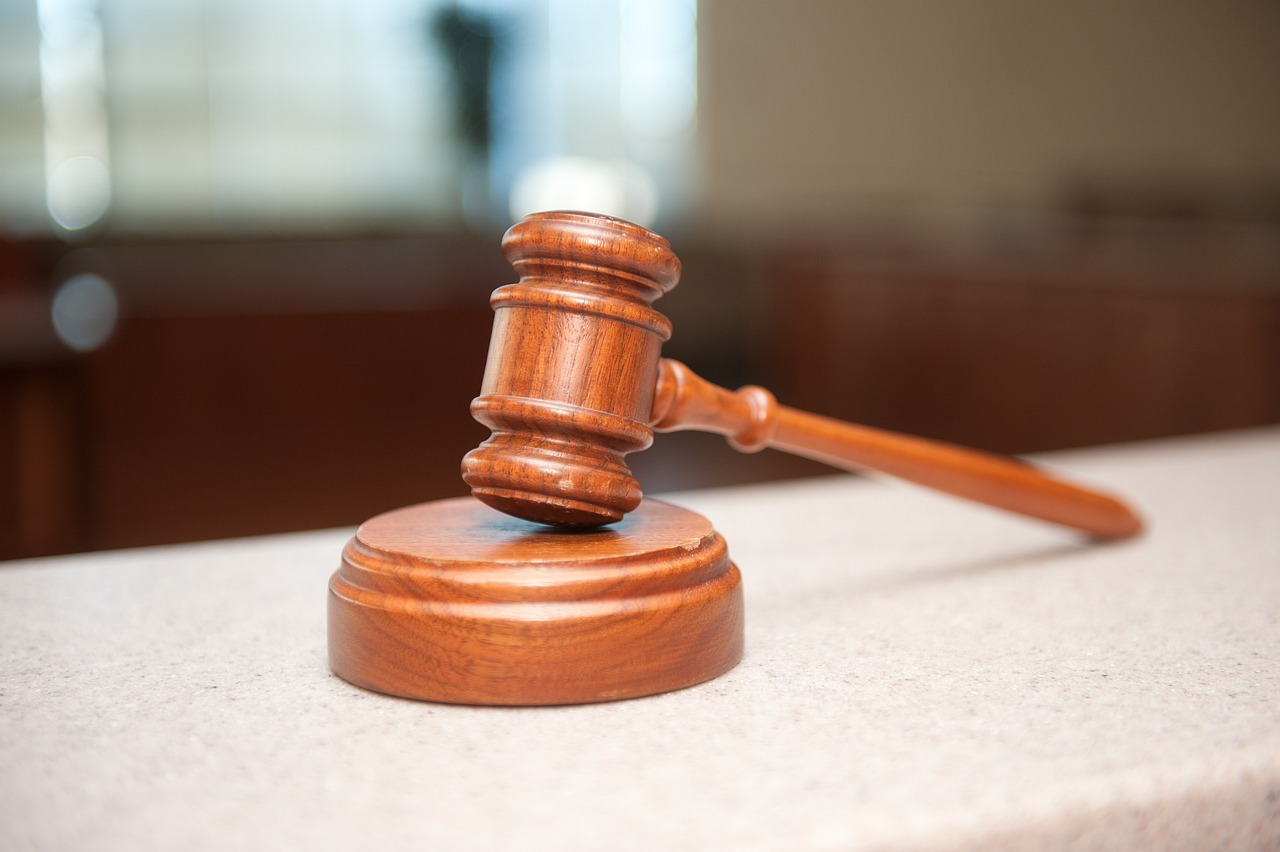Juvenile offenses present unique challenges not only for the accused but also for their families. Understanding the intricacies of the juvenile justice system and its distinct approach to addressing these cases is crucial for those facing these charges and their loved ones. Unlike adult criminal courts, the juvenile justice system focuses on rehabilitation and addressing the underlying issues contributing to a young person’s involvement in criminal activities.
To effectively navigate the legal landscape, mitigate potential consequences, and provide the best outcome for the youth involved, seeking the counsel and guidance of an attorney with experience in this specialized area of law is essential. This article will discuss the challenges presented by juvenile offenses, the importance of effective legal representation, and how BFP Law Firm’s expertise can benefit you and your family during this difficult time.
Juvenile offenses encompass a range of crimes committed by young individuals, typically under the age of 18. These can include infractions such as truancy, underage drinking, and curfew violations, as well as more serious offenses like theft, assault, and drug possession. When addressing juvenile cases, the court considers factors such as the youth’s age, prior criminal history, and the severity of the offense to determine an appropriate course of action. This may involve probation, community service, educational programs, counseling, or, in more severe cases, placement in a juvenile detention facility.
Although the juvenile justice system prioritizes rehabilitation and takes a more lenient approach than adult courts, the potential consequences and long-term impact on a young person’s life are still significant. A juvenile record can adversely affect educational prospects, future employment opportunities, and overall personal development. Consequently, securing skilled legal representation to navigate this complex system and advocate for the best interests of the youth involved is of paramount importance.
The Juvenile Justice System: Differences from Adult Courts
The juvenile justice system has several key differences from the adult criminal courts, primarily in its focus on rehabilitation and addressing the unique needs of young individuals. Some of these differences include:
- Confidentiality: Juvenile court proceedings are often closed to the public, helping protect the privacy of the youth and their family. Additionally, juvenile records are typically confidential, though the specific rules governing the disclosure of these records can vary by jurisdiction.
- Terminology: In the juvenile justice system, terms such as “adjudication” and “disposition” replace traditional criminal court terms such as “conviction” and “sentence.” This shift in language underscores the rehabilitative focus of juvenile courts.
- Disposition Options: The range of available disposition options in juvenile courts tends to be more diverse than in adult courts, often including community-based programs, counseling, and substance abuse treatment, in addition to probation and detention.
- Judicial Discretion: Judges, rather than juries, make many critical decisions in a juvenile case, such as determining guilt or innocence and selecting the most appropriate disposition.
Challenges Faced by Families in Juvenile Offense Cases
Families play a significant role in the juvenile justice system, as their involvement and support are crucial in providing the best outcome for the youth involved. However, navigating this system can bring numerous challenges to family members, such as:
- Emotional Strain: The stress and uncertainty surrounding a juvenile offense can take an emotional toll on parents and siblings, which may strain family relationships and make it difficult to provide the necessary support.
- Financial Burden: Legal fees, court costs, and expenses related to required programs or treatment can put a financial strain on family resources.
- Schedule Disruptions: Court hearings, meetings with attorneys, and participation in mandatory programs can disrupt the daily routines of both the youth involved and their family members.
- Stigma: The stigma associated with juvenile offenses can impact not just the youth involved but also their family, who may face judgment or discrimination in their community.
The Importance of Effective Legal Representation in Juvenile Cases
A skilled attorney with expertise in juvenile offenses is essential to guide families through the juvenile justice system by:
- Advising on Legal Rights: An experienced attorney can ensure that the youth and their family understand their legal rights and options, helping them make informed decisions about how to proceed with their case.
- Developing a Strong Defense Strategy: A knowledgeable attorney will carefully evaluate the evidence and circumstances in a juvenile case, identifying any weaknesses in the prosecution’s case and developing an effective defense strategy.
- Representing the Youth in Court: An attorney can advocate on behalf of the youth in court, presenting the best possible case for a favorable disposition, whether that involves probation, community service, or another course of action.
- Supporting Rehabilitation and Reintegration: A skilled attorney can help advocate for the necessary resources, programs, and support services to help the youth rehabilitate and successfully reintegrate back into their community.
BFP Law Firm: Expertise in Juvenile Offense Cases
The experienced team at BFP Law Firm understands the unique challenges faced by families dealing with juvenile offenses and is committed to providing exceptional legal representation. Our attorneys have the knowledge and expertise to navigate the complexities of the juvenile justice system, advocate for the best possible outcome, and offer valuable guidance and support to both the youth involved and their family.
By partnering with BFP Law Firm to handle your juvenile case, you can expect:
- Personalized Attention: We understand that each case is unique, and we tailor our approach based on your situation’s specific needs and circumstances.
- Compassionate Support: We know this can be a stressful and challenging time for you and your family. We are dedicated to providing compassionate support to help you confidently navigate the juvenile justice system.
- Effective Advocacy: Our team of experienced attorneys is committed to advocating for your rights and fighting for the best possible outcome for your case.
Conclusion
Facing a juvenile offense can be a stressful and challenging experience, both for the youth involved and their family. Having knowledgeable and compassionate legal representation is vital to navigating the juvenile justice system effectively and advocating for the best possible outcome. If your loved one is dealing with a juvenile offense, reach out to BFP Law Firm for a consultation to learn how our expertise can make a difference for you and your family.






